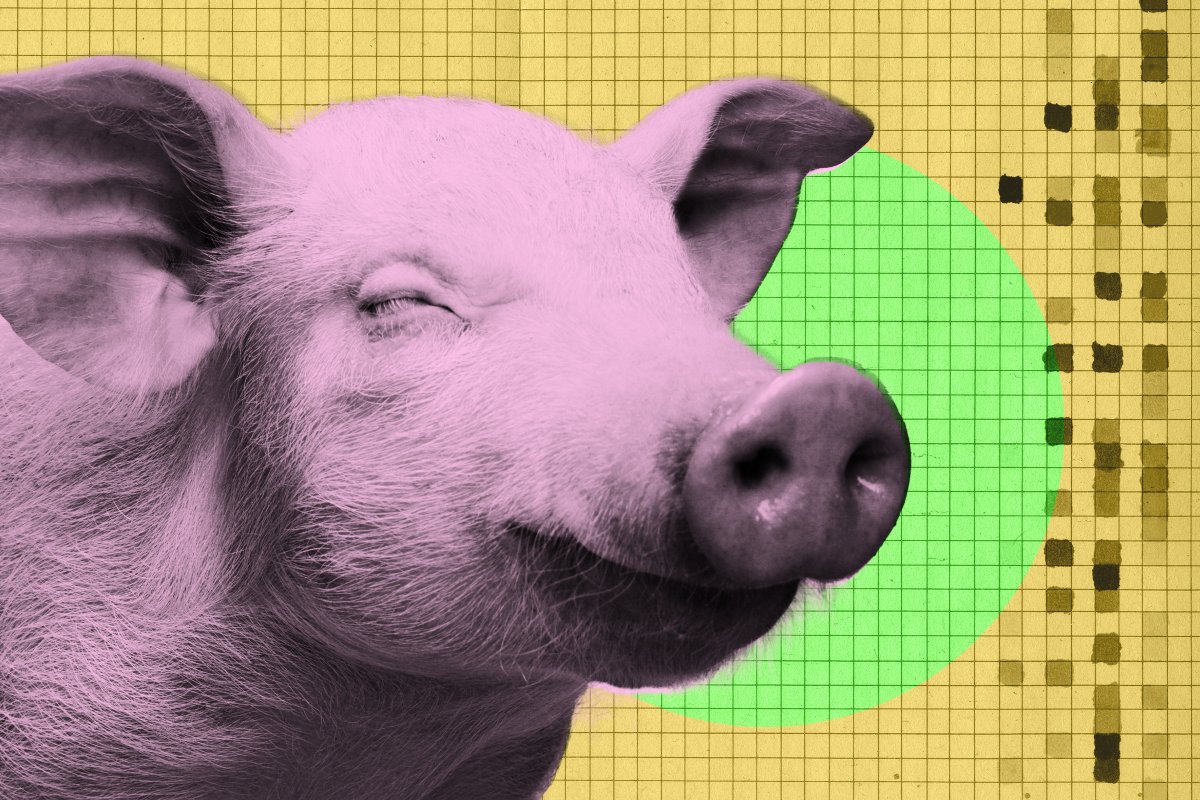
"Pork might be cheap, fatty, and flavorful, but pig farming isn't without its downsides. For starters, pigs are highly social creatures - capable of displaying distinct personality traits as well as emotions like stress and fear - and considered the fifth most intelligent animal in the world, demonstrating cognizance that rivals that of a three-year-old human child. The environmental impact of factory meat production is also astounding. Yet since the 19th century, we've bred, fattened, and harvested these sensitive creatures on an unprecedented scale."
"The process works like this: workers first take a small sample of fatty tissue from a live animal - in Mission Barns' case, a Yorkshire pig living in upstate New York named Dawn. Lab workers then add plant-based sugars, proteins, and vitamins to the fat culture and fatten the sample in a cultivator, mimicking the growth a pig's body would undergo naturally."
Pigs are highly social, emotional, and intelligent animals comparable to a three-year-old human, and factory meat production creates significant environmental impacts. Since the 19th century, pigs have been bred and harvested at unprecedented scale. Mission Barns produces bioreactor-grown meat by sampling fatty tissue from a live pig, then culturing that fat with plant-based sugars, proteins, and vitamins to mimic natural growth. After a two-week incubation, the cultured fat is combined with plant protein to produce technically real meat without the cruelty of factory farming. The product can be used in processed-meat formats and tastes somewhat less meaty but still appealing. The cultivated fat is unstructured and intended to substitute for processed meat textures rather than specific cuts.
Read at Futurism
Unable to calculate read time
Collection
[
|
...
]